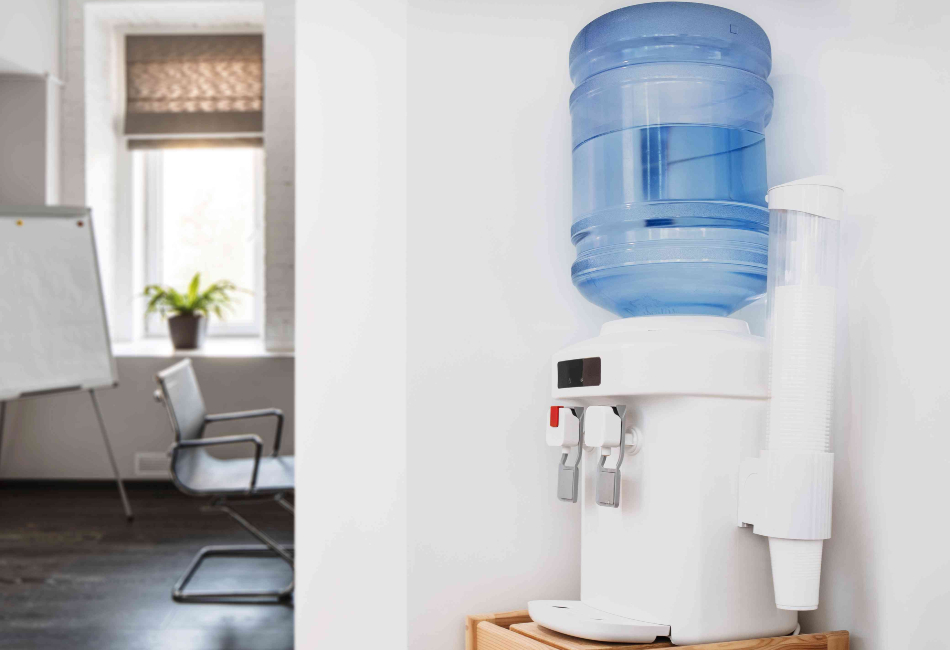With increasing concerns about water quality and contamination, investing in a reliable water filter has become essential.
However, if you want to buy water filters online, choosing the right one requires careful consideration to ensure that it effectively addresses your water quality needs. This article will explore the crucial factors you should consider before purchasing a water filter.
1. Understanding Your Water
Before you start browsing through different water filter options, it’s crucial to understand your water source and its quality. Determine whether your water comes from a municipal, well, or spring supply.
In addition, identify any existing water quality issues such as contaminants, hardness, or odor. You can opt for DIY water testing kits or seek professional testing to understand your water’s composition comprehensively.
2. Types of Water Filters
Water filters come in various types, each designed to cater to different needs. Common options include pitcher filters, faucet-mounted filters, countertop filters, under-sink filters, and whole-house filters. Choose a filter that aligns with your water quality concerns and usage patterns.
3. Contaminant Removal
Different filters are equipped to remove specific contaminants. Research the filter’s capabilities to target the contaminants present in your water. To ensure their effectiveness, look for filters with certification labels from NSF (National Sanitation Foundation) or WQA (Water Quality Association).
4. Filter Longevity and Maintenance
Consider the lifespan of filter cartridges or media and how often they need replacement. Replacement frequency directly impacts maintenance costs, so factor this into your decision-making process. Also, assess the maintenance requirements of the chosen filter, such as cleaning and backflushing procedures.
5. Flow Rate and Water Pressure
Filter installation can sometimes lead to a reduction in water pressure and flow rate. Balance the filter’s performance with your household’s water pressure needs. Ensure the chosen filter is compatible with your plumbing system to avoid disruptions.
6. Cost Considerations
While the initial cost of a water filter is a significant consideration, weighing it against long-term savings is essential. Calculate the replacement filter costs over time and consider any potential energy consumption associated with advanced filter systems.
7. Size and Space
Determine the available space for filter installation, whether under the sink, on the countertop, or at the point of entry for your home’s water supply. Choose a filter that fits comfortably within your designated space without causing any inconvenience.
8. Environmental Impact
Be conscious of the filter’s environmental impact. Opt for filters with eco-friendly materials and consider waste generation from filter replacements. Some filters offer recycling programs for used cartridges, reducing their environmental footprint.
9. Consumer Reviews and Feedback
Before making a final decision, consult online reviews and testimonials from other users. Their experiences can provide valuable insights into the filter’s performance, durability, and customer satisfaction.
10. Warranty and Customer Support
Look into the manufacturer’s warranty and the availability of customer support. A reliable warranty and responsive customer service can be crucial if you encounter any issues with your filter down the line.
Choosing the Right Water Filter for Your Wellness
Purchasing a water filter is an investment in your health and well-being. By understanding your water source, analyzing filter types, evaluating contaminant removal capabilities, and factoring in various considerations, you can decide to ensure your access to clean and safe drinking water.
Prioritize your health, conduct thorough research, and choose a water filter that aligns with your unique requirements.

